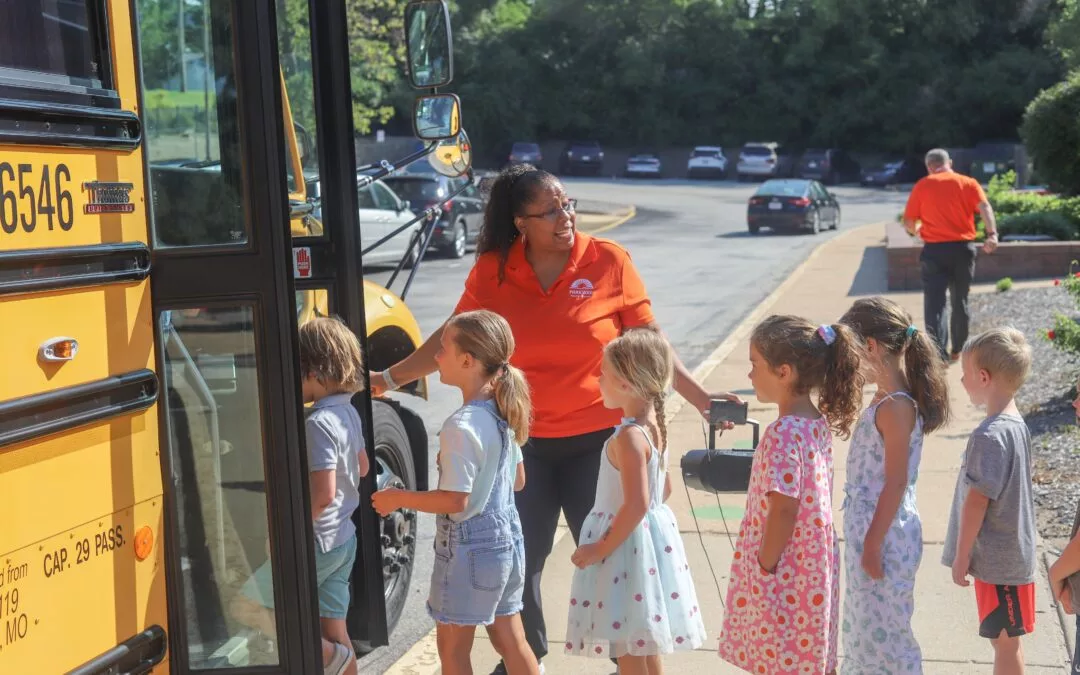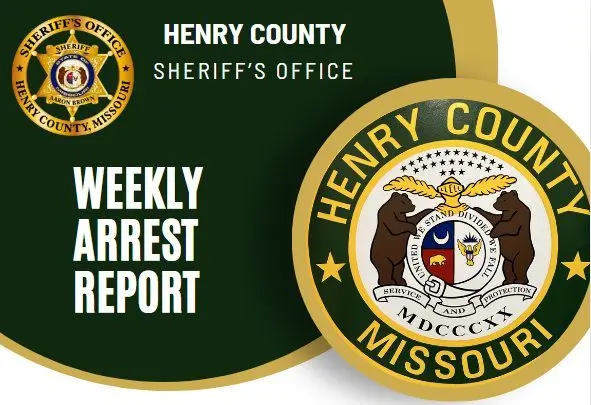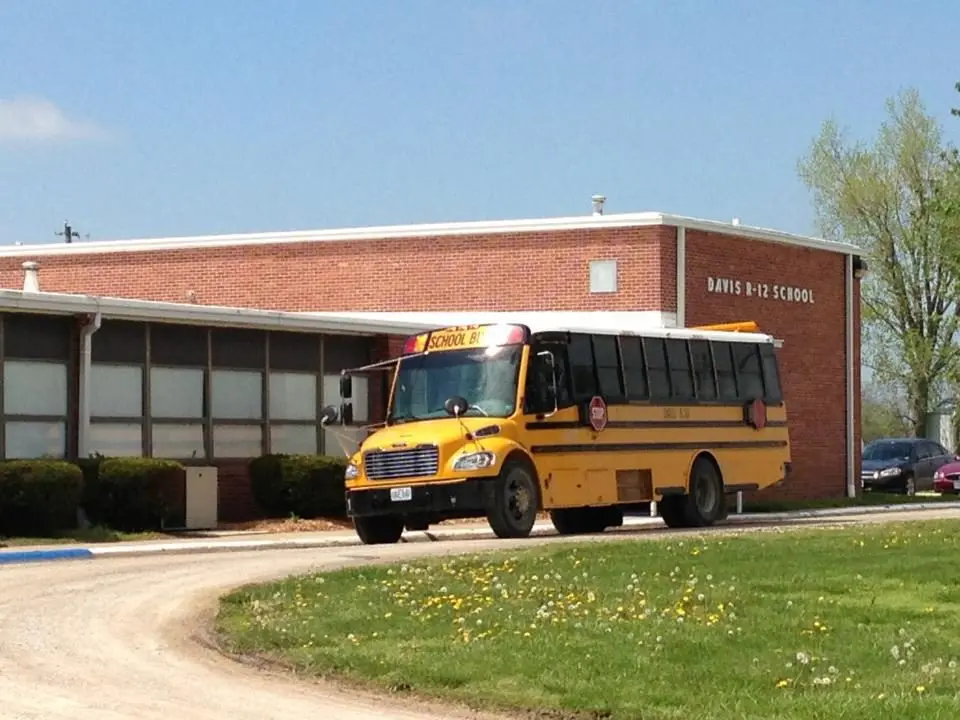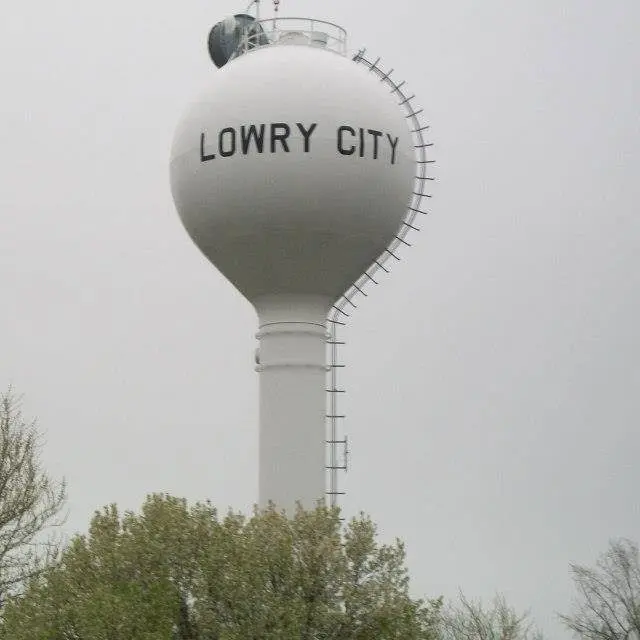
Gov. Mike Parson is expected to decide any day now whether to sign or veto a sweeping education bill. In the Missouri House, the plan squeaked by with 82 votes of support – the minimum required votes to pass in the lower chamber.
Senate Bill 727 would:
•Expand access to private schooling with taxpayer money. It would increase the income level to qualify for MOScholars education scholarships
•Allow Boone County to open charter schools
•Increase the minimum teacher salary in state statute from $25,000 to $40,000 annually, with additional inflationary increases down the road
•Boost the minimum teacher salary in state statute for at least ten years of experience and a master’s degree from $33,000 to $46,000 annually, with additional inflationary increases down the road
•Restrict four-day school weeks, with a small incentive to districts who hold classes five days a week
•Boosts the number of teacher recruitment and retention scholarships
•Change how state aid to schools is calculated by including enrollment and attendance into the formula used to fund education
More than 200 Missouri school board members have written letters to the governor, urging him to veto the plan. Melissa Randol, executive director of the Missouri School Boards’ Association, said the nonprofit education group opposes several items in the bill. First and foremost, she said the package is not financially sustainable.
The estimated price tag of the package is more than $450 million annually when fully in place.
“If the state is not able to deliver on their promise for the additional funding, that burden rests with the local school district. The school board will be forced to go to local taxpayers and ask for a tax increase to sustain those commitments for funding made in this bill,” Randol told Missourinet. If the school is not able to deliver on those funding increases, particularly as it relates to the mandatory increases in teacher salaries, the way it’s drafted in this bill, the school district would be penalized and in such a significant way that we could see, particularly our small and rural school districts, we could see many of them being forced to close over time.”
Randol would not say whether she expects a lawsuit over the proposal.
During House debate on the proposal, Rep. Phil Christofanelli, R-St. Peters, led the bill through the House.
“This is the most substantive investment in public education that this state has ever seen,” said Christofanelli.
Rep. Jamie Burger, R-Benton, said the bill would give a vast amount of money to schools and will therefore help public schools.
Randol said another item that gives her heartburn would allow Boone County to open charter schools.
“We felt like taxpayers in those communities should have a vote,” said Randol. “If they want charters, let them have a vote at the local level and choose to allow charter expansion in their communities. But if they want their dollars spent on their traditional public schools and have that level of accountability for their dollars, then taxpayers need to say in that. That was not allowed to be added. There were amendments offered that were not included in this bill.”
Randol referred back to the justification for originally allowing charter schools in Kansas City and St. Louis.
“When they were first implemented in Kansas City and St. Louis at that time, those two districts were not accredited by the state. We don’t have any districts in Boone County either provisionally or unaccredited,” she said.
Why is Boone County singled out in the bill?
“That’s probably a good question for Senator (Caleb) Rowden,” she said. “I know that he has made this one of his top priorities – if not his highest priority – to have a charter system, specifically in Columbia.”
Randol also opposes a provision that would expand access to private schooling with taxpayer money. The current maximum tax credit funding to give to donors who provide MOScholars scholarship funds is $25 million annually.
“This bill would expand it to 75 million,” said Randol. “It also allows individuals who have additional resources to draw down state dollars, essentially through this voucher program, to pay for private education with taxpayer dollars and not have accountability for how that education is delivered.”
Despite her opposition to many provisions, she applauds lawmakers for trying to address Missouri’s low teacher pay and for attempting to drive further funding to public schools.
To view Senate Bill 727, click here.










